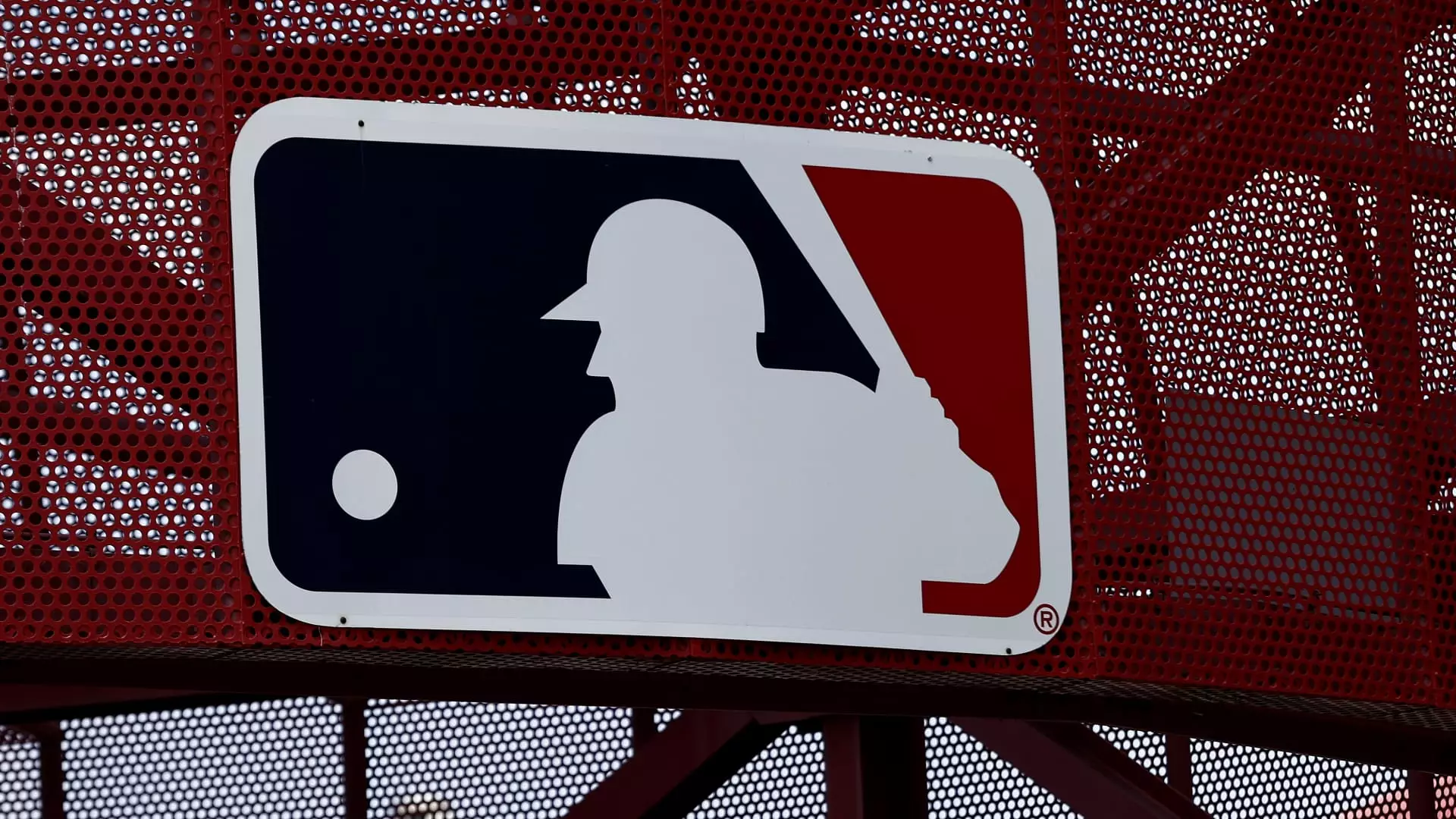The landscape of regional sports networks (RSNs) is undergoing a revolutionary transformation, especially with the recent challenges faced by Diamond Sports Group, the largest owner of such networks in the United States. As highlighted in a recent bankruptcy court document, Major League Baseball (MLB) and the Atlanta Braves expressed serious concerns regarding Diamond’s proposed reorganization plan amidst ongoing financial instability. This scenario presents a multitude of implications not only for Diamond but also for MLB, individual teams, and the broader sports broadcasting industry.
The legal objections raised by MLB and the Braves primarily hinge on the sustainability of Diamond’s proposed restructuring strategy. Their assertion of a “substantial likelihood” that Diamond could face bankruptcy yet again underscores a critical vulnerability within the sports network. The ongoing financial turmoil reflects broader economic challenges faced by RSNs, particularly as viewers shift towards online streaming and away from traditional cable services. This shift in consumer behavior poses existential questions about the viability of existing business models, which largely depend on cable subscriptions for revenue.
The concerns of both MLB and the Braves highlight that the intricate web of financial arrangements and contractual obligations that Diamond navigates is precarious and poorly understood. Without proper transparency and secure fiscal strategies, the fear that Diamond might slip back into financial distress could manifest into reality, further destabilizing both its operations and those of the franchises relying on its services.
One notable obstacle in assessing Diamond’s reorganization plan is the presence of confidentiality agreements that inhibit the flow of crucial information. While Diamond attorneys suggest that these limitations are necessary to protect proprietary relationships with distribution partners, such as pay television operators, this secrecy breeds distrust among stakeholders. The information contained within the 181 pages of the reorganization documentation has not alleviated the uncertainty that MLB and the Braves face. Without adequate insight into financial plans and future commercial partnerships, particularly the proposed alliance with Amazon, the MLB and franchises are left second-guessing the viability of Diamond’s trajectory.
In an era where digital partnerships can substantially alter revenue flows, the ambiguity surrounding a potential partnership with a major player like Amazon raises red flags. Clarity regarding this partnership is imperative, as it could redefine how regional sports content is consumed and monetized going forward.
As Diamond strives to negotiate its media rights agreements, it reveals the fragility of its existing contracts. The Braves, among other teams, find themselves at a crossroads, potentially exploring alternative options for their regional media rights. The recent agreements made by the St. Louis Cardinals and the Cincinnati Reds to exit their RSN deals and explore future agreements directly with MLB signals a shift in strategy among franchises that may become trend-setting.
In addition to exploring other opportunities, the Braves’ status as part of Atlanta Braves Holdings—a company that recently separated from Liberty Media—complicates their position. The relationship with stakeholders and decision-makers in this new entity could further shift the landscape if they choose to distance themselves from Diamond, particularly if the proposed reorganization does not garner the necessary approval.
The situation surrounding Diamond Sports Group encapsulates the broader challenges facing regional sports networks in a rapidly evolving media environment. While the proposed reorganization may hold the potential for a turnaround, concerns regarding financial viability and transparency complicate the landscape. For MLB and the individual teams, ensuring robust media agreements is paramount for revenue generation and fan engagement. As stakeholders navigate this complex environment, the outcome of Diamond’s reorganization could heavily influence the future of sports broadcasting, regional network structures, and how millions of fans experience live sports. The need for clarity, adaptability, and innovative strategies has never been more urgent in this transformative era.

